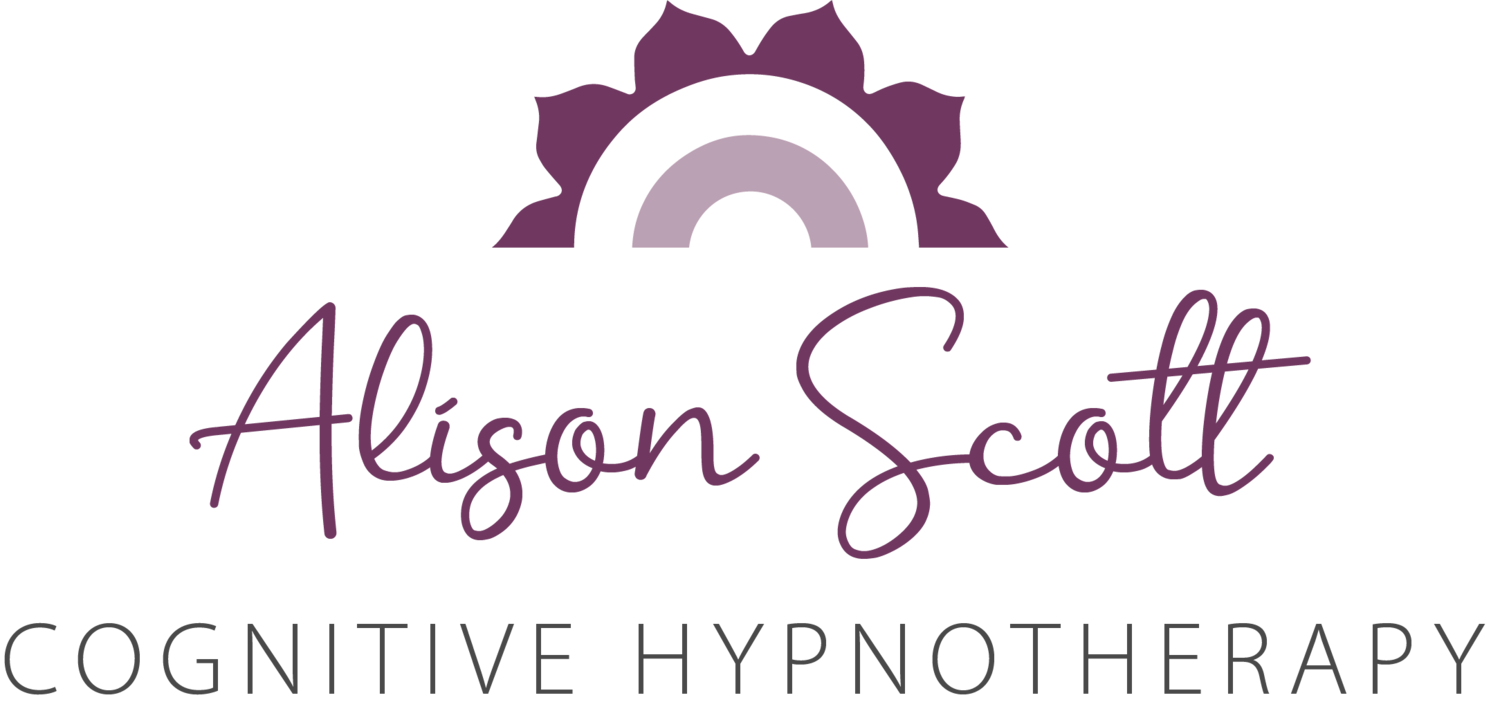April Fools’ Day and Laughter as Therapy
Laughter is the best medicine
Laughter as therapy
April Fools’ Day is upon us again - a time traditionally to play jokes and be a little sillier than usual. Bring it on…
Its exact historical basis is a bit of a mystery - it’s been linked to festivals such as Hilaria - Latin for joyful - which was celebrated in ancient Rome at the end of March. It involved people dressing up in disguises and was said to be inspired by the Egyptian legend of Isis, Osiris and Seth.
It also may have been tied to the vernal equinox or the first day of spring when Mother Nature fooled people with unpredictable weather.
April Fools’ Day spread throughout Britain during the 18th century. In Scotland, the tradition became a two-day event, starting with ‘hunting the gowk’, which included sending people on ridiculous errands and pranks (gowk is a cuckoo bird and the symbol for a fool).
In 1998, Burger King advertised a ‘left-handed whopper’, culminating in scores of clueless customers queuing up for the joke burger. Google notoriously hosts an annual April Fools’ Day prank, including a ‘telepathic search’ option and the ability to play PacMan on Google Maps.
Laughter is the best medicine
We know that laughter is a great form of stress relief but its importance is often underrated. When you start to laugh, it doesn't just lighten your load mentally, it actually induces positive physical changes in your body. Laughter can stimulate your heart, lungs and muscles, reduce your blood pressure and release endorphins into your bloodstream. Laughter can also stimulate circulation and help with muscle relaxation, both of which reduce physical symptoms of stress.
Over the longer term, laughter may even improve your immune system. Negative thoughts manifest into chemical reactions that bring more stress into your body which decreases your immunity. By contrast, positive thoughts release neuropeptides that help fight stress and potentially more-serious illnesses. Laughter can even ease pain by causing the body to produce its own natural painkillers.
We know that laughing can help put life in perspective and make it easier to cope with difficult situations. As humour and laughter is usually a shared experience, they also help you feel more connected with other people.
Being able to laugh at yourself is also key as humour and laughter help us to accept the trickier traits in others and ourselves and work to quieten our inner critic which so often demands unattainable standards. So, laughter and humour are effective ways of boosting self-esteem and will build more understanding relationships.
Cognitive Hypnotherapy
If you suffer with low mood or anxiety, you might be finding it hard to see the funny side of anything. There is help available. Cognitive hypnotherapy can update limiting beliefs, bringing about a much more positive outlook and can help bring back that all-important sense of humour.
Find out more about how cognitive hypnotherapy can help you at www.alisonscottcognitivehypnotherapy.co.uk or call me on 07989 535527.
I’m now able to see clients face-to-face near Great Missenden as well as remotely.


